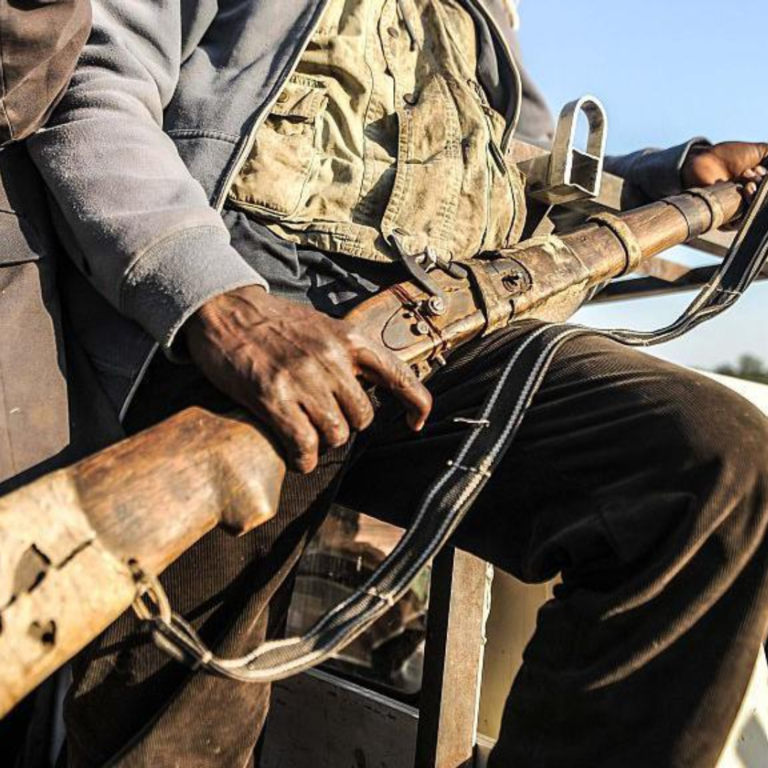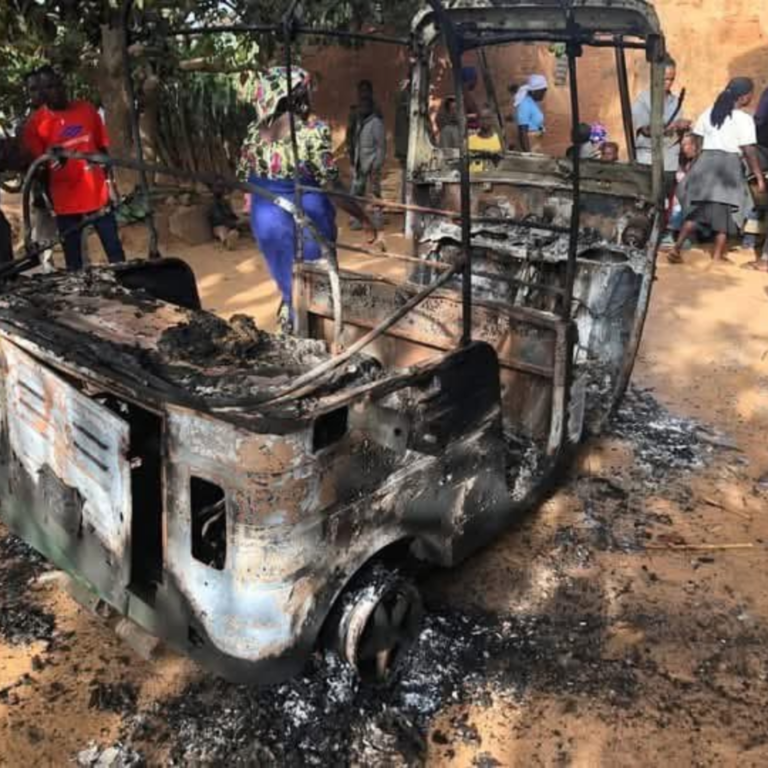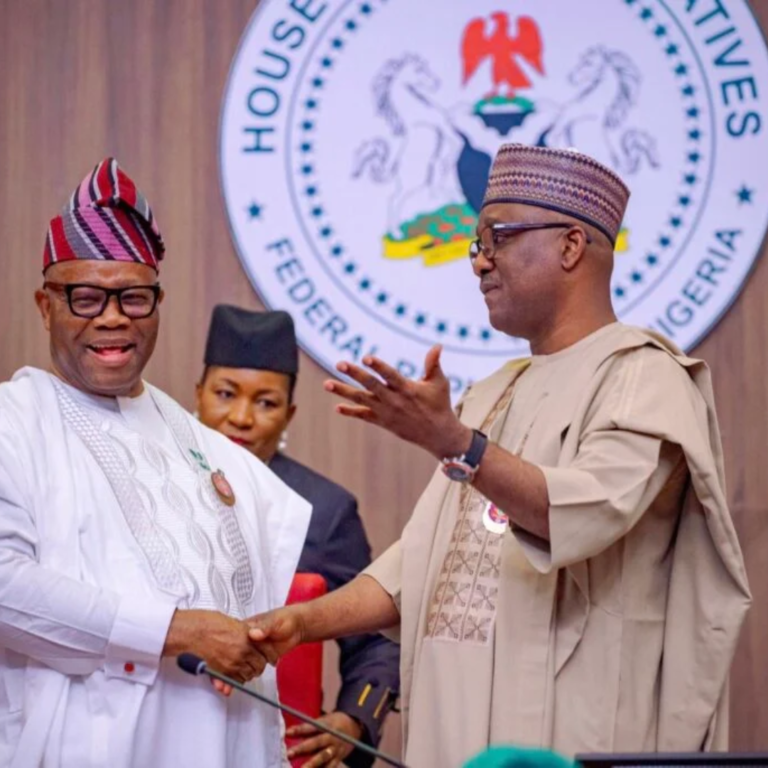Wake up, kids! A new update just dropped–Nigeria is about to get a mining school and it’s expected to have some ripple effects on the country
On Tuesday, December 10, the Nigerian Senate passed a bill to establish a Federal University of Mining and Geo-Sciense in Jos, Plateau State.
The bill is looking to upgrade the already existing Nigerian Institute of Mining and Geo-Sciense (NIMG), Jos, into a federal university, and it was sponsored by Diket Plang, an APC Senator representing Plateau Central.
Are mining schools a thing?
This idea is not new, neither is it original to the Nigerian Senate. In fact, Nigeria is actually pretty late to the party. Mining schools exist in different countries in the world, with ever-changing curricula that reflect technological advancement of times.
Mining schools typically offer programs ranging from mining engineering to geosciences and more. Recently, mining schools like McGill University, Canada, offer courses in robotic mining, and University of Queensland, Australia has also introduced artificial intelligence and virtual reality to its programs.
Will this school affect your life?
The proposed university will impact you in many ways, whether you’re interested in enrolling for a program or not. How? It’ll help diversify Nigeria’s economy and ultimately get rid of the things currently making life difficult in Nigeria, like sky-high inflation, unstable exchange rate, and general high cost of living.
How?
Nigeria currently runs a mono-product economy (this means that it relies on one product for money). The product it depends on is oil, and it’s currently responsible for more than 95% of the country’s export earnings, 70% of government revenue, and 90% of new investments.
Because the country makes all its money from this singular source, the economy is always shaken by changes in global oil prices (and it’s been shaking a lot lately). Bad oil prices lead to harsh consequences like inflation and criminally high exchange rates, which trickle down to every aspect of Nigerians’ daily lives. They also affect the amount that the government is able to spare for development and other things.
Even though it refuses to act like it, Nigeria is rich in over 40 mineral resources like Lithium (used in electric cars and batteries), iron ore, gold, limestone, and zinc, all currently valued at about $750 billion. Yet, these resources hardly generate revenue for the country; in 2023, the mining sector only managed to contribute a meagre 0.77% to Nigeria’s Gross Domestic Product (GDP).
By reviving its mining sector, Nigeria can turn around its constant economic issues and make the lives of its citizens better however a couple of problems like lack of geological data, weak human capital (no skilled, educated, or experienced workforce in the sector), and lack of enforceable regulations, have been identified as roadblocks preventing the mining industry from reaching its full potential.
The establishment of a well funded, functional mining university will solve some of those problems by producing a skilled workforce, driving mineral exploration and exploitation, improving mining practices, and driving research. It’s not the magic wand that will fix all of Nigeria’s problems but it’s a start.
The bill to establish the University has not become law yet but it’s almost there. Following its passage at the Senate on Tuesday, it will now be transmitted to the House of Representatives for alignment, and then to the President for an assent. Is this something you’re rooting for?




